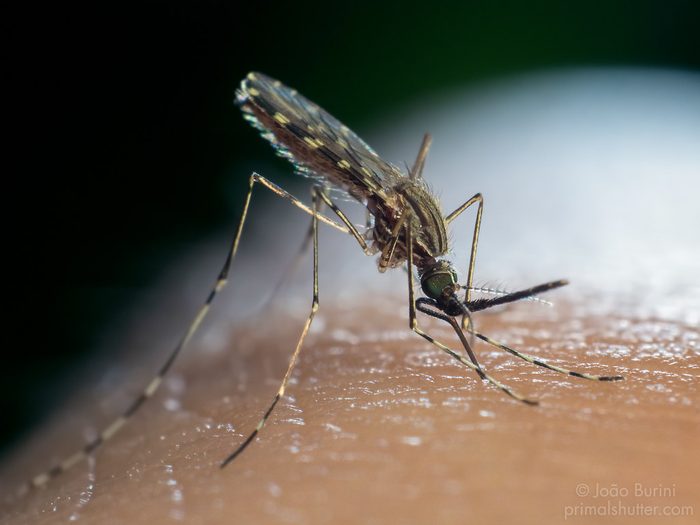|
🧬 Evolution is an incremental process.
That’s what Charles Darwin thought and wrote in his On the Origin of Species in 1859. But things might be more complex, and not so incremental, because of us, humans – as an article in WIRED tells (see below). In a nutshell, thanks to a deep dive into genetic databases, scientists can show retrospectively how often and fast, through interventions that are not always desired, humans have taken a hand on evolution.
And the best example is maybe to come, with a technology called “gene-drive”. The idea is to impose a gene with a certain function to some living organisms, and to ensure that this genetic modification will be passed onto future generations. For example, malaria-transmitting mosquitoes that have become resistant to pesticides could be inserted with a gene that overrides this resistance, so that chemical sprays are efficient again. This experiment, described by WIRED, would be the first to demonstrate the gene-drive method (done in this case with genetic scissors called CRISPR). “This technology overrules the laws of heredity to spread a trait through a population more quickly than it would happen naturally, forcing that gene into a population’s offspring,” the article sums up. And it could be applied to many other situations in the natural environment.
Before any first experiment is made – and no need to dive here in the genetic databases, as the impact on evolution would be known prospectively – , some concerned ethicists have developed a “code of ethics for gene drive research with the hope that this code will encourage the development of an international framework that includes ethical guidance of gene drive research and is incorporated into scientific practice by gaining broad agreement and adherence”.
We can bet Darwin would have agreed. Let’s hope that all scientists and decision-makers, possibly eager to solve environmental problems through gene-drive experiments, will have a look and discuss it too.
Olivier Dessibourg, GESDA
|










